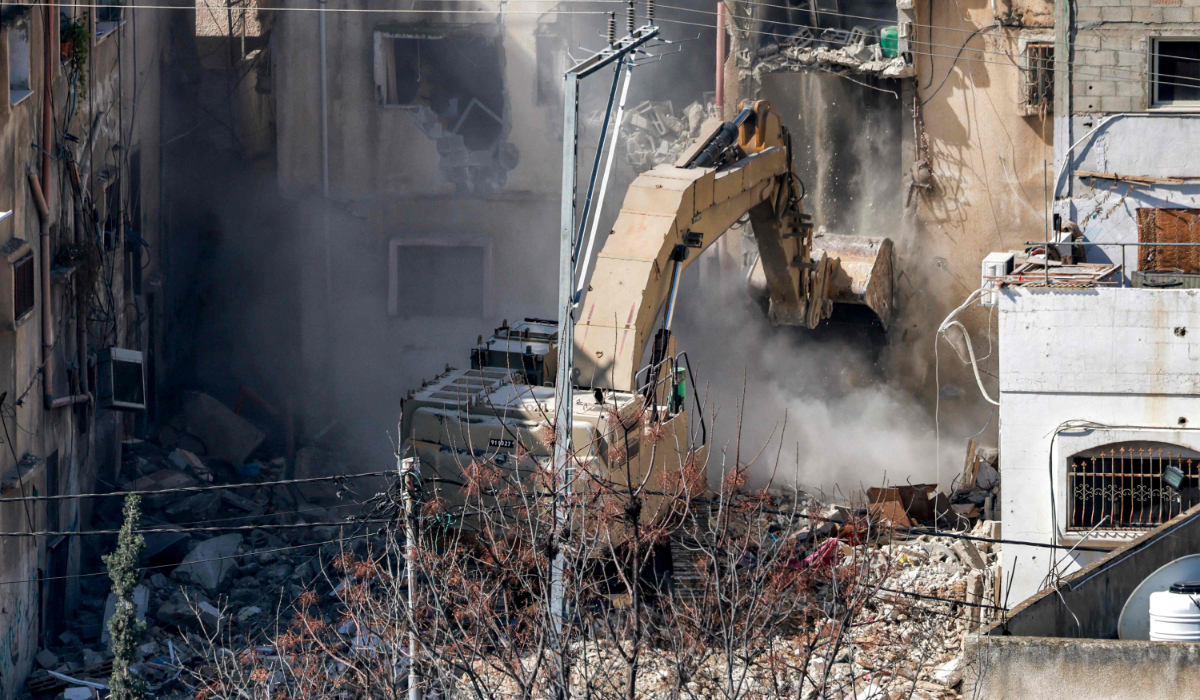DIYARBAKIR, Turkiye: A court in Turkiye jailed on Wednesday a pro-Kurdish mayor for 19 and a half years for “terrorism,” his lawyer said Wednesday.
Mehmet Siddik Akis was removed from his post and placed in detention just two days earlier, provoking outrage and brawls in Turkiye’s parliament.
Denouncing what he said was a “political trial,” Akis said: “I’m 53 years old, I’ve been fighting for all these years and I’ll continue to fight.”
He served as mayor of the southeastern town of Hakkari for the DEM party, which the authorities accuse of links to the outlawed PKK Kurdish militants. Akis himself has denied any such links.
Following his conviction scuffles broke out in the town, footage posted on social media showed.
On Monday, the governor of the province of Hakkari banned any demonstrations until June 12.
Mehmet Siddik Akis was the first mayor to be dismissed since local elections in March, in which DEM gained control of local authorities in several large towns in Turkiye’s Kurdish-majority southeast.
Footage from cameras in the national parliament in Ankara showed rival lawmakers brawling as Akis’s allies staged a protest in the chamber.
Turkiye jails dismissed pro-Kurdish mayor nearly 20 years: lawyer
https://arab.news/gduxe
Turkiye jails dismissed pro-Kurdish mayor nearly 20 years: lawyer

- Mehmet Siddik Akis as mayor of the southeastern town of Hakkari for the DEM party, which the authorities accuse of links to the outlawed PKK Kurdish militants























